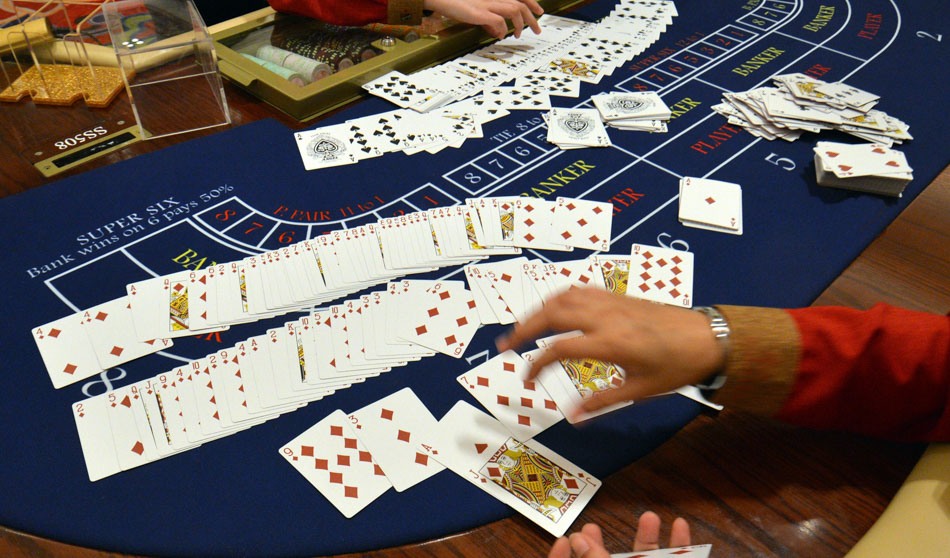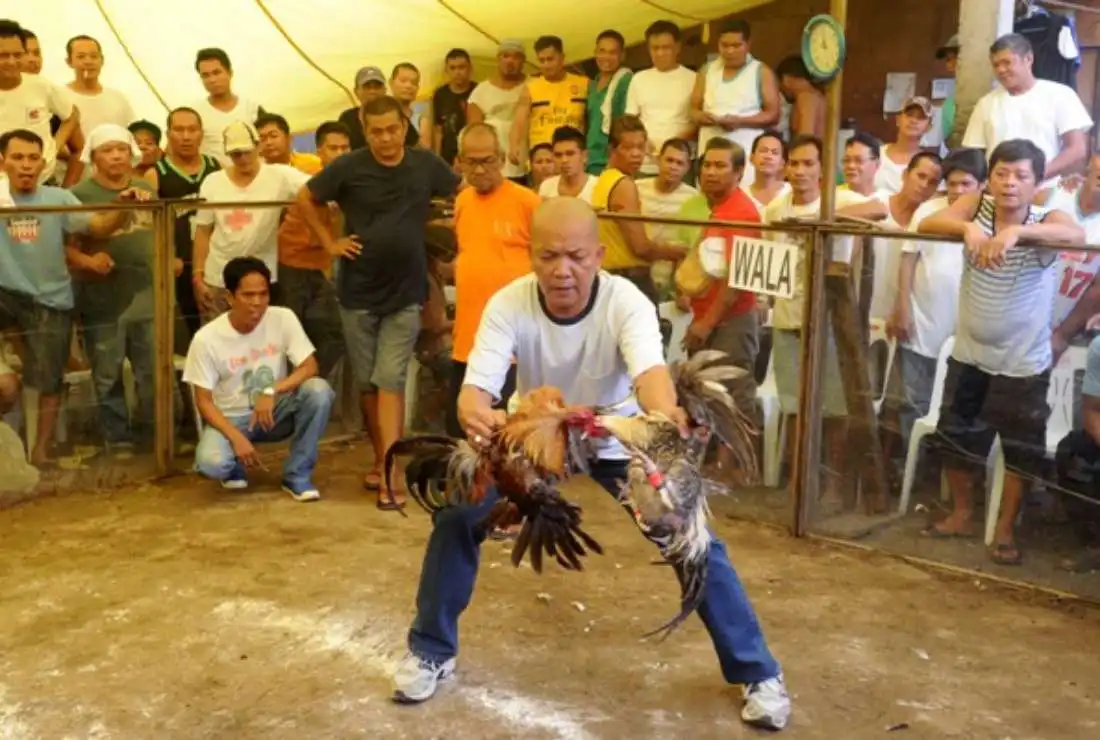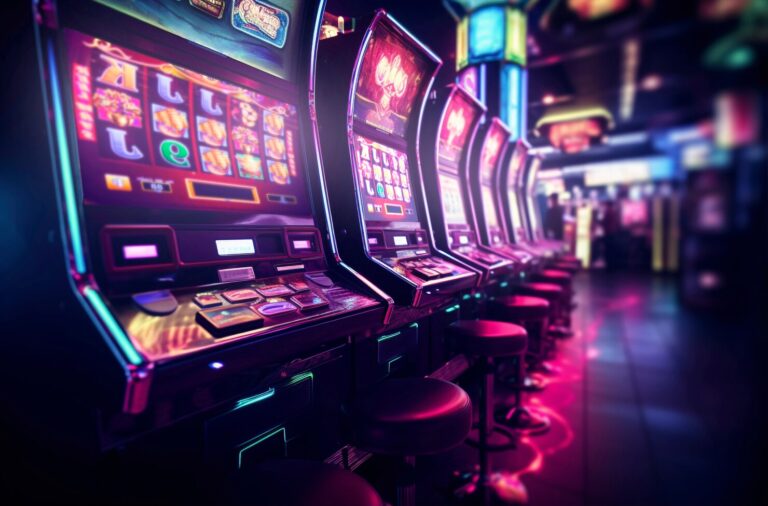Gambling has long been a part of Filipino culture, deeply intertwined with tradition, history, and the country’s socio-economic dynamics. From festive cockfighting events to bustling casino hubs, gambling is both a recreational pastime and a complex societal phenomenon. Understanding cultural attitudes toward gambling in the Philippines requires exploring its historical roots, current forms, and the interplay between morality, legality, and tradition.
Historical Roots of Gambling in the Philippines
The Philippines’ history with gambling dates back to the pre-colonial era. Traditional forms of betting, such as cockfighting or sabong, were already prevalent among Indigenous communities. With the arrival of Spanish colonizers in the 16th century, new forms of gambling, including card games and lotteries, were introduced.
Over time, gambling became an ingrained part of community gatherings and festivities. Sabong, in particular, evolved into a highly ritualized event, reflecting a love of competition and a way for people to engage in social and economic exchanges. Even today, cockfighting remains deeply rooted in Filipino culture, symbolizing tradition and camaraderie despite its ethical debates.
Modern Forms of Gambling in the Philippines
The contemporary gambling landscape in the Philippines is diverse, ranging from traditional betting activities to state-regulated casinos and online platforms. Key forms of gambling include casinos and integrated resorts, which have made the Philippines a regional gambling hotspot by attracting tourists and contributing to the economy.
Online gambling, mainly through Philippine Offshore Gaming Operators (POGOs), has brought gambling into the digital age, though it has also sparked controversies regarding regulation and social impact. Lottery and sweepstakes, organized by the Philippine Charity Sweepstakes Office (PCSO), are widely accepted as legitimate forms of gambling, with proceeds often funding healthcare and other public services.
Informal betting remains common, including wagers on basketball games or local cockfights, making small-scale gambling a familiar aspect of daily life.
Cultural Perception of Gambling
A mix of traditional values, religious beliefs, and socioeconomic factors shapes Filipino attitudes toward gambling. Gambling is widely seen as a social activity, offering more than just a game of chance. It serves as a way to bond with family and friends through bingo nights at community events or high-stakes cockfights.
Religion plays a significant role in shaping attitudes, as the Philippines is predominantly Catholic. While religious teachings discourage gambling due to its potential for addiction and moral decay, many Filipinos reconcile gambling with their faith by participating in charity-driven lotteries or small, harmless bets during festivities.
Economic realities also influence perceptions. In a country where poverty remains a significant issue, gambling is often viewed as a quick path to financial improvement. While this belief fuels participation, it also leads to risks such as problem gambling and financial distress. Stigma surrounds gambling when it is linked to addiction or illegal activities, but many forms, especially those with a social or charitable component, remain widely accepted.
The Role of the Government
The Philippine government plays a dual role in promoting and regulating gambling. On the one hand, it actively supports the industry as a significant source of revenue, mainly through agencies like PAGCOR (Philippine Amusement and Gaming Corporation) and POGOs. On the other hand, it implements measures to address gambling problems and illegal operations.
Recent controversies surrounding POGOs, including their association with crime and labor issues, highlight the challenges of managing a booming gambling industry. Efforts to promote responsible gambling and provide support for addiction recovery are gaining traction but remain limited. The government faces the delicate task of balancing the economic benefits of gambling with its potential social harms.
Balancing Tradition, Entertainment, and Responsibility

Cultural attitudes toward gambling in the Philippines are complex and multifaceted. They reflect a balance between tradition, entertainment, morality, and economic pragmatism. While deeply rooted in Filipino culture, gambling also presents challenges that require thoughtful regulation and community engagement.
As the industry continues to evolve, striking a balance between embracing its cultural and economic contributions and addressing its ethical and social implications will be key to shaping the future of gambling in the Philippines.









